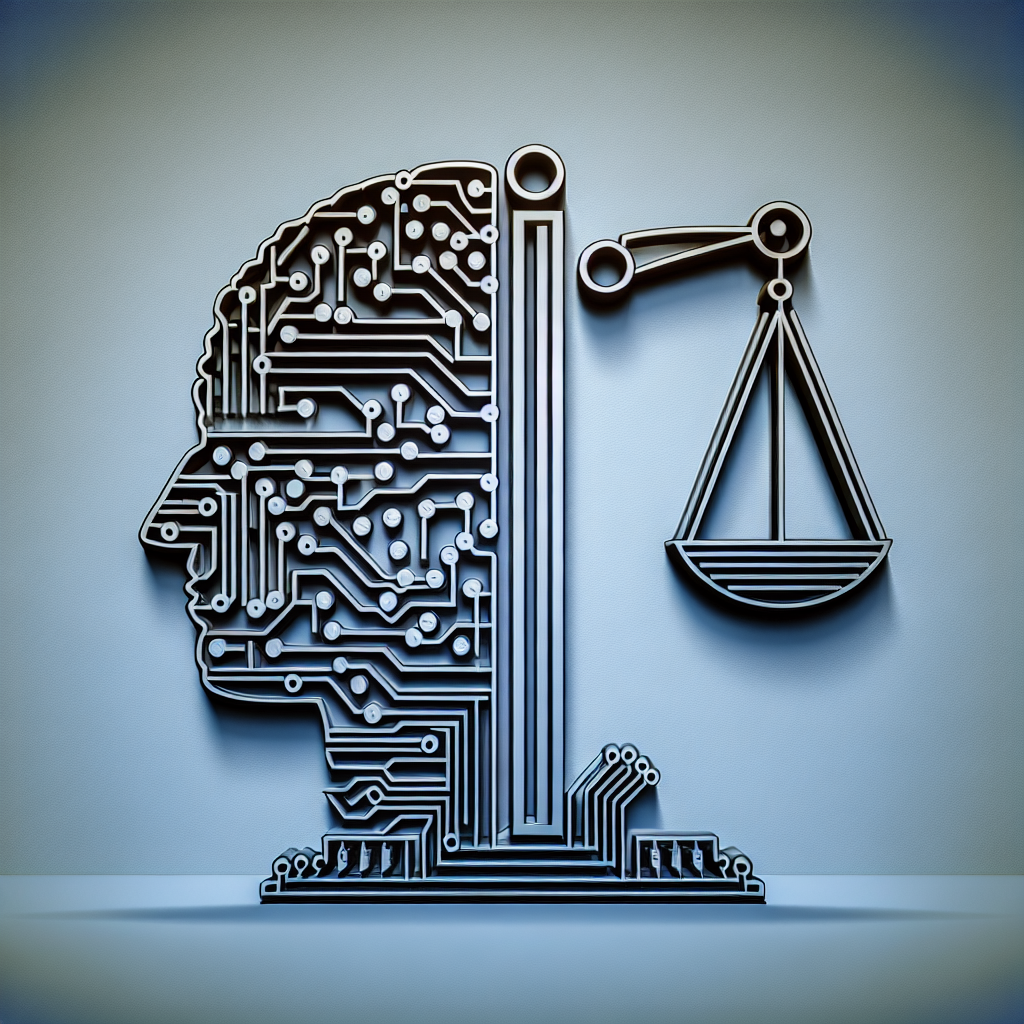Artificial General Intelligence (AGI) refers to the ability of a machine to perform any intellectual task that a human can do. This includes reasoning, learning, understanding natural language, and solving problems. AGI has the potential to revolutionize society in many ways, but it also comes with its fair share of challenges. In this article, we will explore the advantages and challenges of implementing AGI in society.
Advantages of AGI in Society
1. Increased efficiency: AGI has the potential to automate tasks that are currently performed by humans, leading to increased efficiency in various industries. This can result in cost savings for businesses and improved productivity.
2. Improved decision-making: AGI can analyze vast amounts of data in a short amount of time, leading to more informed decision-making. This can be particularly useful in fields such as healthcare, finance, and cybersecurity.
3. Innovation: AGI has the potential to drive innovation in various industries by generating new ideas and solutions to complex problems. This can lead to the development of new products and services that can benefit society as a whole.
4. Personalized experiences: AGI can analyze data about individuals to provide personalized experiences in areas such as healthcare, education, and entertainment. This can lead to improved outcomes and increased satisfaction for users.
5. Improved safety: AGI can be used to improve safety in various settings, such as autonomous vehicles, disaster response, and surveillance. This can help prevent accidents and save lives.
Challenges of Implementing AGI in Society
1. Ethical concerns: AGI raises ethical concerns about issues such as privacy, bias, and job displacement. There is a risk that AGI could be used in ways that harm individuals or groups, or that it could exacerbate existing inequalities.
2. Security risks: AGI could be vulnerable to attacks by malicious actors, leading to potential security risks. This could include theft of sensitive information, manipulation of systems, and other malicious activities.
3. Unemployment: The automation of tasks by AGI could lead to job displacement for many workers, particularly in industries that rely heavily on manual labor. This could exacerbate existing inequalities and lead to social unrest.
4. Lack of transparency: AGI algorithms are often complex and difficult to interpret, leading to concerns about transparency and accountability. It can be challenging to understand how AGI systems make decisions and to ensure that they are fair and unbiased.
5. Regulatory challenges: AGI raises regulatory challenges for governments and organizations, as there are currently no clear guidelines for how to govern and regulate these systems. This can lead to uncertainty and potential conflicts over how AGI should be used.
FAQs
Q: What is the difference between AGI and artificial intelligence (AI)?
A: AGI refers to a machine’s ability to perform any intellectual task that a human can do, while AI refers to a machine’s ability to perform specific tasks or functions. AGI is more advanced and versatile than AI.
Q: How close are we to achieving AGI?
A: While significant progress has been made in the field of AI, true AGI is still a long way off. Researchers are working towards developing systems that can reason, learn, and understand natural language like humans, but we are not there yet.
Q: How can we ensure that AGI is used ethically?
A: It is important for governments, organizations, and individuals to consider the ethical implications of AGI and to develop guidelines and regulations to ensure that it is used responsibly. This includes addressing issues such as privacy, bias, and job displacement.
Q: What are some potential benefits of AGI in society?
A: AGI has the potential to increase efficiency, improve decision-making, drive innovation, provide personalized experiences, and enhance safety in various industries. These benefits could have a positive impact on society as a whole.
Q: What are some potential risks of AGI in society?
A: Some potential risks of AGI include ethical concerns, security risks, unemployment, lack of transparency, and regulatory challenges. It is important to address these risks in order to ensure that AGI is used in a responsible and ethical manner.
In conclusion, AGI has the potential to revolutionize society in many ways, but it also comes with its fair share of challenges. It is important for governments, organizations, and individuals to consider the ethical implications of AGI and to develop guidelines and regulations to ensure that it is used responsibly. By addressing these challenges, we can harness the potential of AGI to benefit society as a whole.

